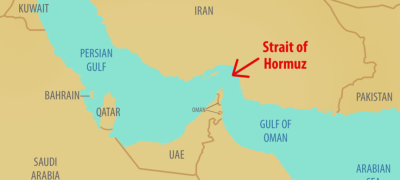Volkswagen is considering closing factories in Germany for the first time in its 87-year history as it seeks to cut costs amid growing competition from Chinese electric vehicle manufacturers.
In a statement on Monday, the company, one of the world’s largest automakers, acknowledged that plant closures in Germany could not be ruled out. Other cost-saving measures include attempting to terminate a long-standing employment protection agreement with labor unions.
Read more: UK Halted Dozens of Arms Sales to Israel
Volkswagen Group CEO Oliver Blume described the European automotive industry as facing a “very demanding and serious situation,” noting increased competition and declining competitiveness in Germany.
Despite a €10 billion ($11.1 billion) cost-cutting initiative started late last year, the company has seen a 7% drop in deliveries in China, its largest market, and an 11.4% decrease in operating profit.
The company is struggling against local EV brands, particularly BYD, which are also challenging its position in Europe.
Blume emphasized that the focus is on cost reduction across factories, supply chains, and labor. However, Volkswagen’s cost-cutting plans are likely to face strong opposition from labor representatives, with IG Metall condemning the proposed measures and pledging to protect jobs and facilities.

“This approach is not only short-sighted but also highly dangerous, potentially jeopardizing the core of Volkswagen. We will not accept plans that harm the workforce,” said IG Metall, emphasizing their refusal to tolerate such measures.
Volkswagen employs nearly 683,000 people globally, with about 295,000 based in Germany, according to its latest earnings report.
Volkswagen Passenger Cars CEO Thomas Schaefer affirmed the company’s commitment to Germany as a key business location. He stated that Volkswagen would urgently engage with employee representatives to explore options for “sustainable restructuring” of the brand.
Volkswagen acknowledged that the situation is very challenging and cannot be resolved merely through cost-cutting measures.





